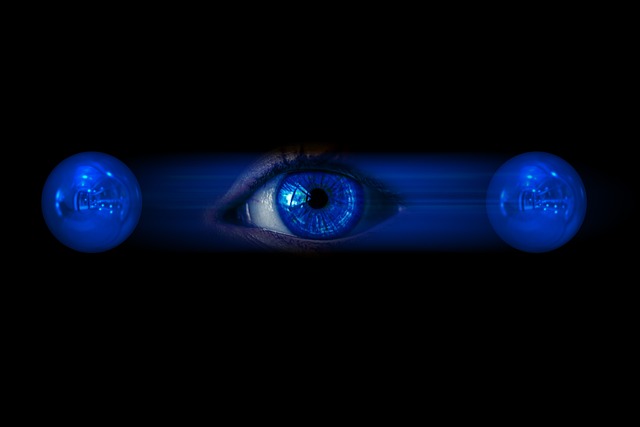Perception is fundamental to how we experience the world around us, acting as the lens through which we interpret our environment and ourselves. With advances in neuroscience and psychology, the theory of perception has evolved, prompting intriguing discussions within modern philosophical circles. Understanding how perception shapes knowledge and reality can lead to profound insights about the human experience.
Contemporary philosophers are increasingly interested in the intersection between the sciences and philosophy, particularly as it relates to perception. The traditional views, rooted in metaphysical speculation, seem less sufficient in the light of current empirical findings. Theories have transitioned from mere abstract thought to more integrative approaches that consider both psychological and neurological aspects.
One notable modern approach is the argument of direct realism, suggesting that we perceive objects as they truly are, without the influence of any interpretative processes. This contrasts sharply with constructivist views, which posit that our perceptions are shaped by cognitive frameworks resulting from past experiences and societal influences. Each perspective offers unique insights, fostering a richer understanding of how we construct our realities.
Neuroscience contributes significantly to the theory of perception. Research reveals that our brains are not passive recipients of sensory information but active processors, continuously interpreting and reinterpreting data. This challenges the classical ideas of perception as mere reflection, leading to questions of how subjective experiences come to be. For instance, if perception is a construct, how do we discern between illusion and reality? Philosophers like Merleau-Ponty highlight embodied perception, underscoring that our bodily experiences fundamentally shape our perception of the world.
The modern inquiry into perception also intersects with theories of consciousness and awareness. The exploration of phenomenology—how individuals experience phenomena—informs the theory of perception, prompting discussions about the nature of subjective experience. Are we merely observers in a visually rich world, or do we also play an active role in shaping it? This question leads us into the realm of metaphysics and existential thought, where the implications of perception extend into deeper inquiries about existence itself.
Moreover, modern technology has opened new avenues for exploring perception. Virtual reality and augmented reality blur the lines between real and perceived worlds, challenging our understanding and prompting ethical considerations. As we design experiences that can manipulate perception, we must reflect on the consequences of such technologies on individual autonomy and the integrity of human experience.
Ultimately, the theory of perception intertwines science and philosophy, pushing us to consider not only how we perceive but also what it means to perceive. As we continue to investigate this intersection, we represent a growing community of thinkers eager to bridge the gap between disciplines. Understanding perception is not just an academic pursuit; it’s a deeply personal journey, influencing how we live, relate, and make sense of our realities.




